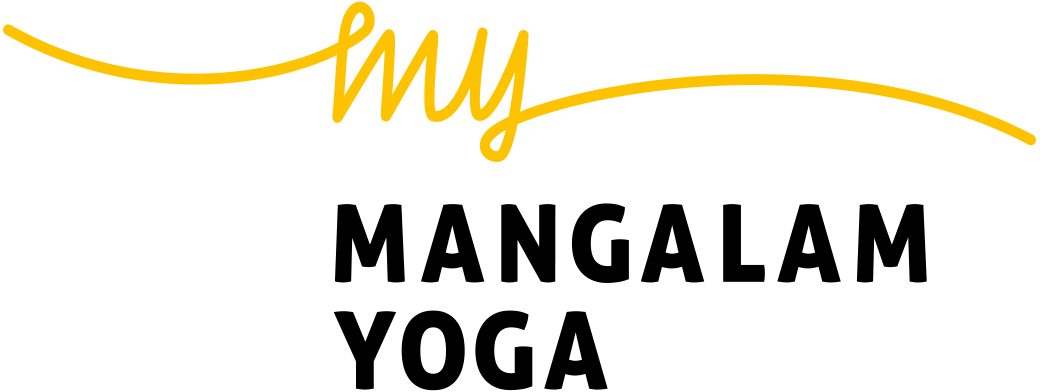Back End Development focuses on storing and retrieving data, handling user authentication, and managing server-side operations. They need to have a strong understanding of algorithms, data structures, and web frameworks to effectively build and maintain the back end of a website or application. Since full-stack developers possess front-end and back-end development skills, their role involves overseeing a project from conception to culmination. Typical tasks for these developers include fine-tuning existing programs, optimizing sites for web and mobile platforms, designing APIs, and testing application functionality. Full-stack developers tend to hold leadership roles, while software engineers work under their supervision. Full-stack developers are seen as good collaborators who can possess soft skills such as time management, attention to detail, and strong communication.
Full stack development frameworks and libraries
You’ll also learn how to learn, with an experienced team of instructors, mentors, coaches and assistants who will guide and inspire you to approach every lesson with drive and curiosity. Communication skills are also pivotal when it comes to speaking with clients and company stakeholders, with strong speaking and listening skills needed to convey strategies and ideas in https://wizardsdev.com/en/vacancy/senior-product-manager-ai-product/ a passionate, proactive way. Another excellent backend framework, Laravel has an advanced toolbox and expressive elegant syntax, enabling you to get creative with background details. A brilliantly versatile tool, Laravel’s powerful template system, excellent documentation and focus on having fun while developing make it one of the most popular PHP frameworks around.
Expanding Your Skillset: Advanced Technologies for Full-Stack Developers
In this article, we’ll review some of the options you may want to consider if you’re looking to earn a certification or certificate related to full-stack development. One option for learning the fundamentals of the role and building important skills is the Microsoft Full-Stack Developer Professional Certificate. It’s ideal for aspiring developers eager to build complete web applications. A full stack developer is a dynamic professional with expertise in crafting both the front-end (client software) and back-end (server software) components of websites or web applications. This role covers everything from conceptualizing the User Interface to managing databases and servers. They ensure the holistic development of web platforms from inception to deployment.
- Focus on core Python concepts, Django, front-end technologies (HTML, CSS, JavaScript), databases (SQL and NoSQL), REST APIs, and deployment strategies.
- This can involve maintenance of hardware and software, as well as security and backups.
- There are many incredible resources that can help you learn how to get a full stack job.
- They are equipped to design intuitive user interfaces, create interactive features, build server-side logic, and manage databases.
- The best option for you depends on factors like budget, location, and curriculum.
- Earning this credential will demonstrate an advanced or experienced familiarity with using Node.js.
Front end development skills
A website’s front end (or client-side) is what you see and interact with in your browser. Front-End Developers are responsible for creating a website’s layout and color scheme — along with interactive elements like forms and buttons. We spoke with Taylor, a technology consultant and Full-Stack Software Developer at RightNow Media, to find out more about her day to day and what she works on in her full-stack role. These developers have been working in the industry for a few years now and often serve as a mentor for junior and mid level developers.
- Students and recent graduates can often receive help through their schools’ career development offices, which may provide access to job boards, resume-writing tips, and mock interviews.
- As you progress, explore ways to expand upon these projects to further solidify your full-stack development knowledge.
- For projects with shared logic (e.g., data validation), some developers use shared modules or libraries to ensure consistency across both front end and back end.
- A full stack developer is the key person involved in producing a website or app.
- A detailed answer will include an overview of the candidate’s experience with relational databases (like MySQL or PostgreSQL) and NoSQL databases (such as MongoDB or Cassandra).
What is a full-stack developer?
Candidates might explain their experience with MVC in a specific tech stack, like Node.js with Express or Ruby on Rails. For instance, they may describe using the Controller to handle route logic in Express, fetching data from MongoDB (the Model), and passing it to an EJS template or React component (the View). They could provide a concrete example of how MVC helped them keep code organized and enabled easier updates. Equipping yourself with the right skills is just one step towards becoming a successful full-stack developer.
The Role of Data Science in Electoral Politics & 3 Careers You Can Have
Simply put, Python is an indispensable tool for any full stack developer and one of the first skills that you need to learn. We breakdown full stack development from top to bottom with an in-depth look at the field, industry, and careers around it. Their cross-disciplinary skills enable holistic contributions across both front-end and back-end aspects. Full stack developers are indispensable assets in diverse industries, using their comprehensive skill set to drive innovation and efficiency. For instance, coding bootcamps can help you master the basics of many different coding languages. These protocols guide web servers and browsers in responding to commands, ensuring secure and efficient data transfer.
There are no industry-wide experience standards for full-stack developers, as requirements vary among employers. These professionals may start as other Strong Middle Full-Stack Developer with German job types of developers or in other entry-level IT roles. For some positions, job applicants may be able to substitute education for experience requirements or vice versa. There are no officially recommended continuing education requirements, but full-stack developers must learn new programming languages and keep track of emerging technologies throughout their careers.






